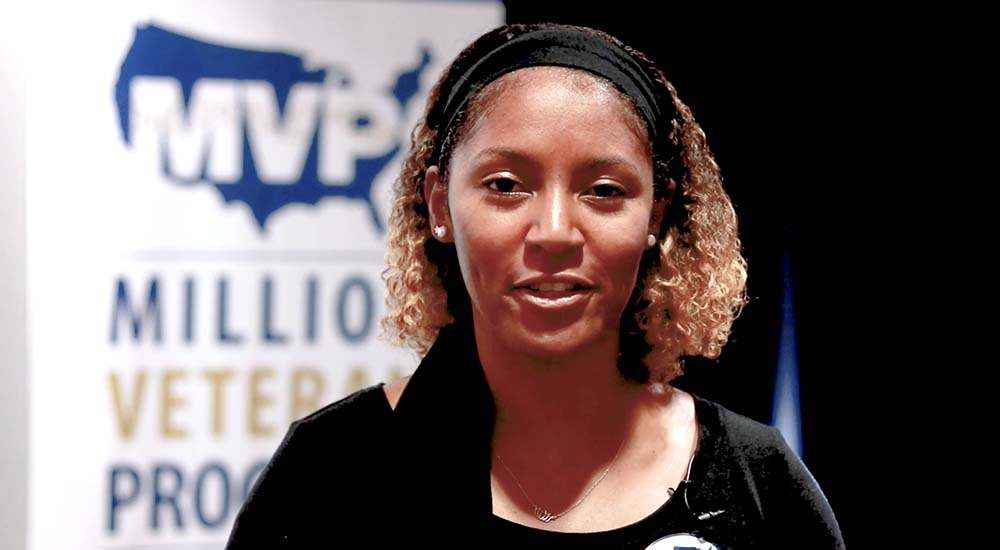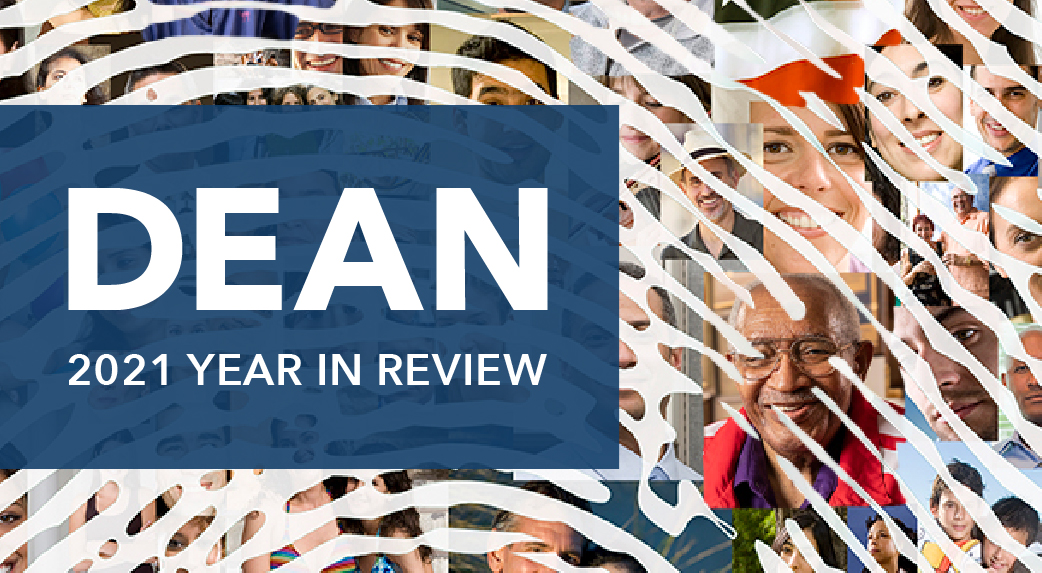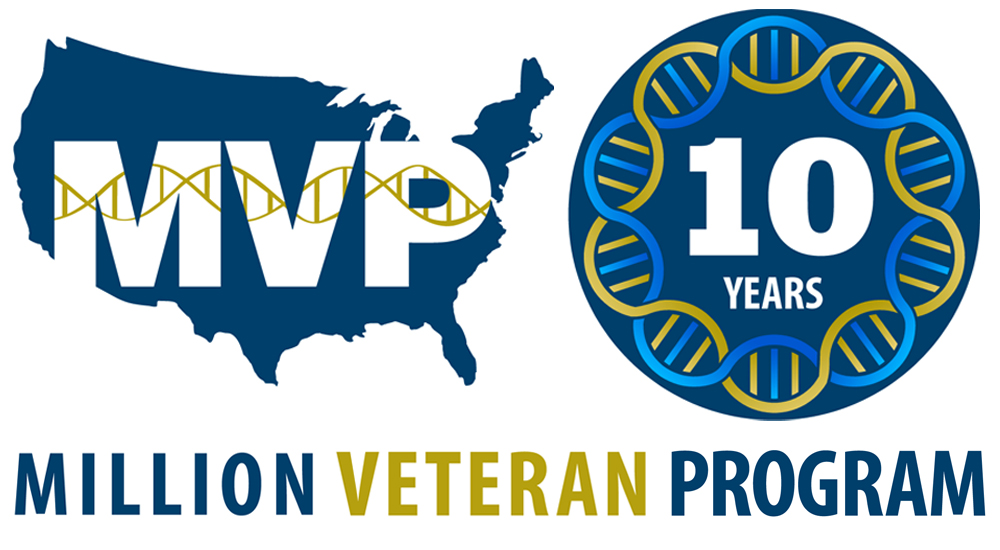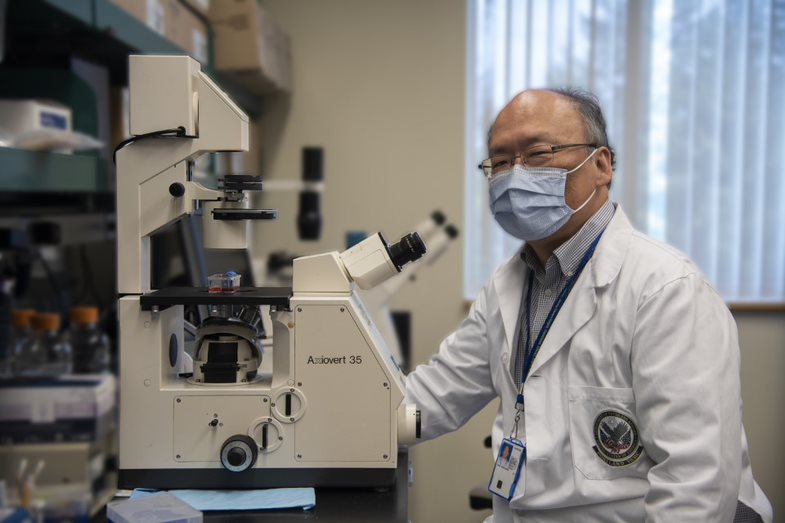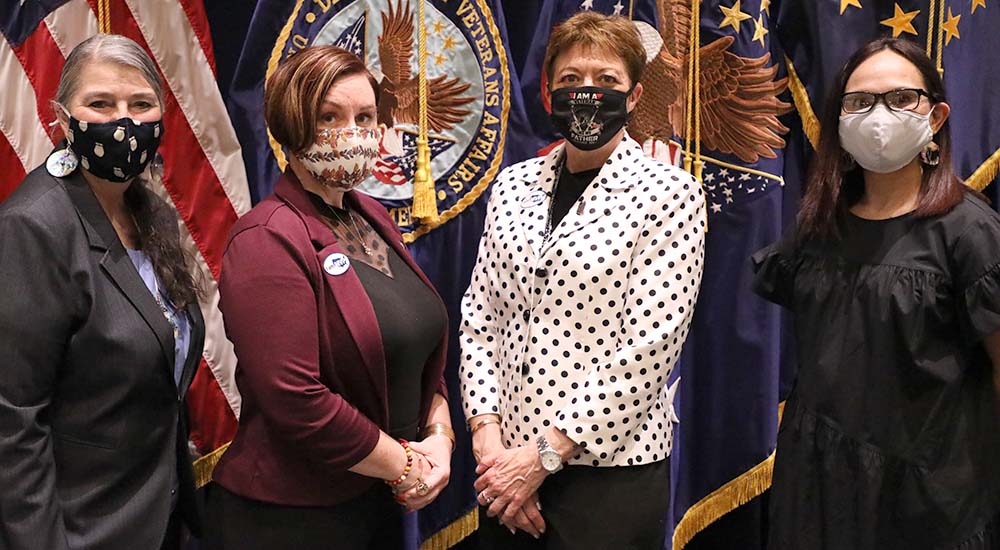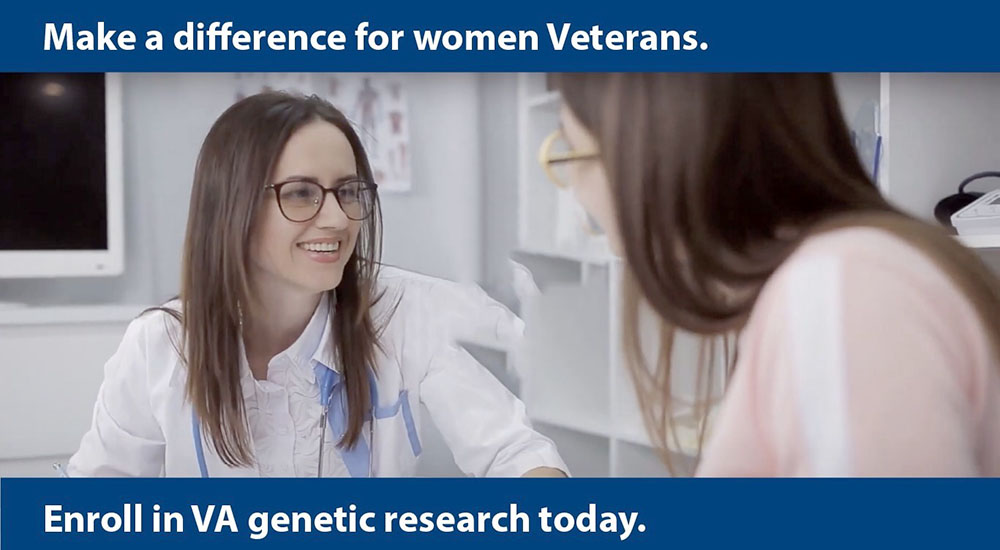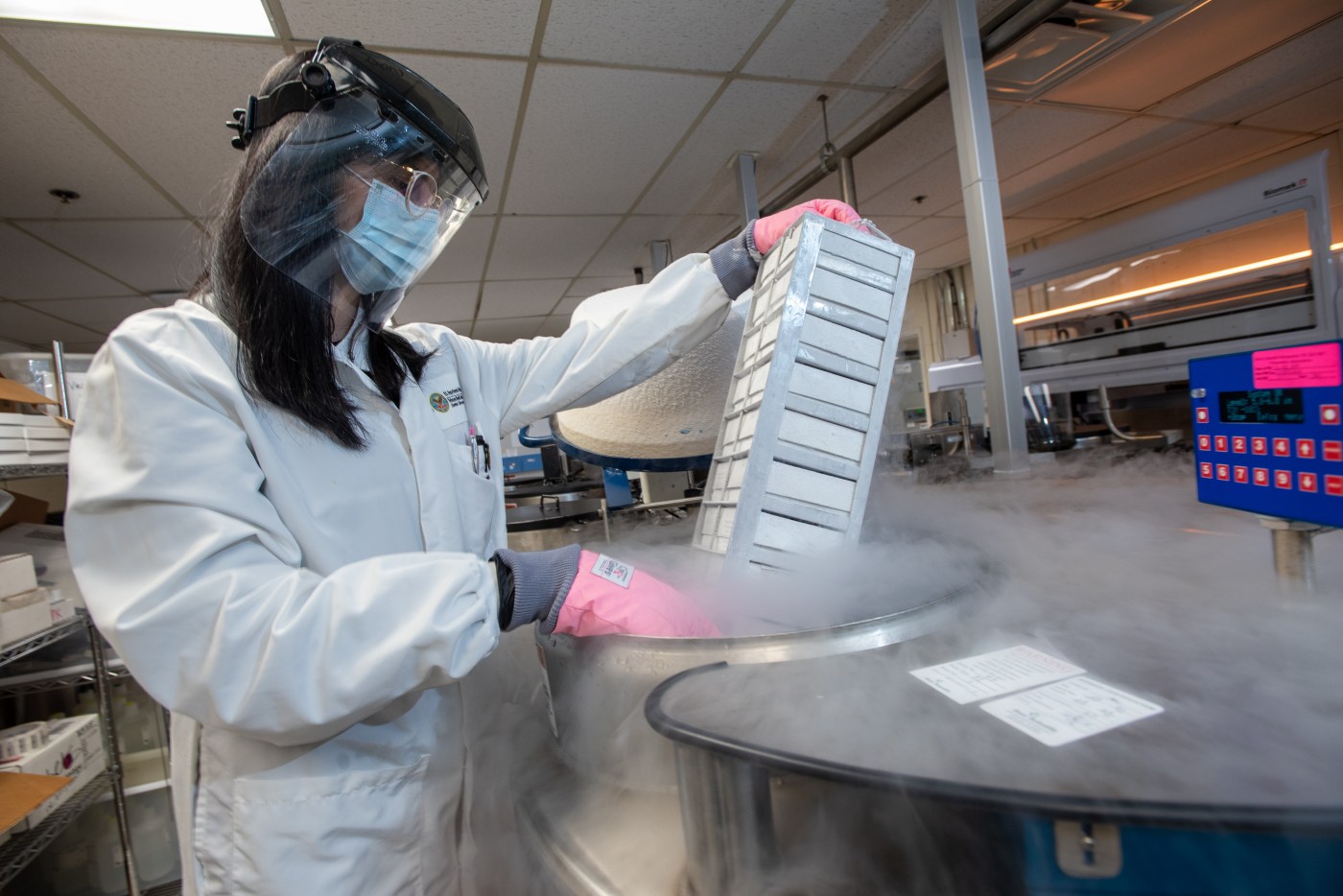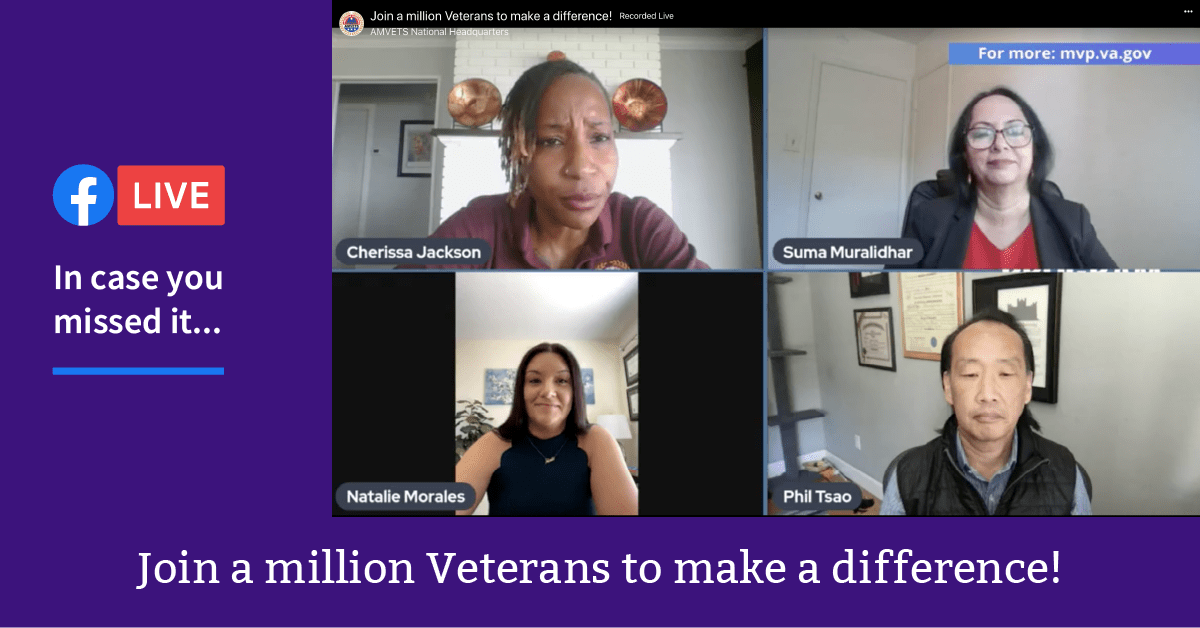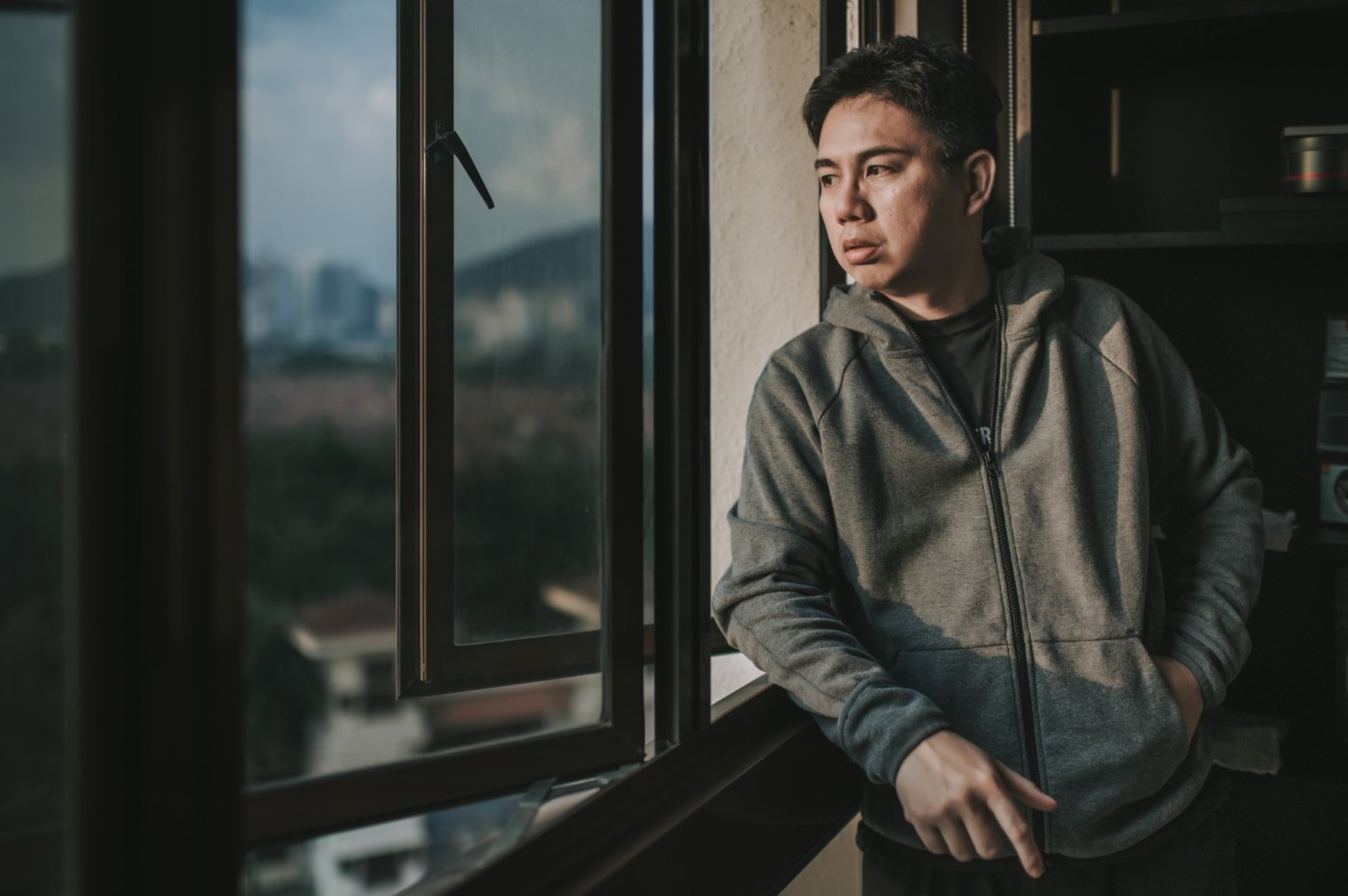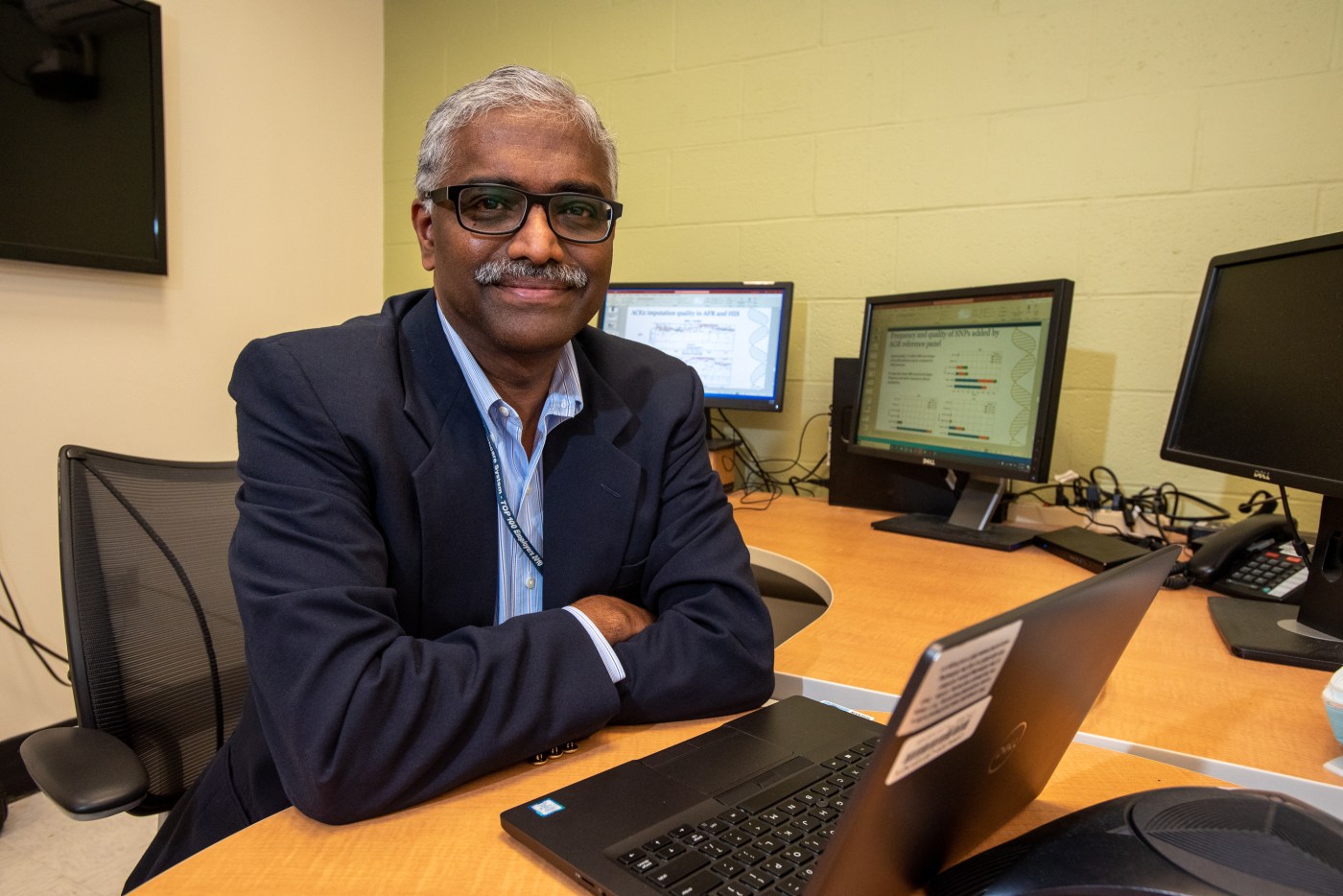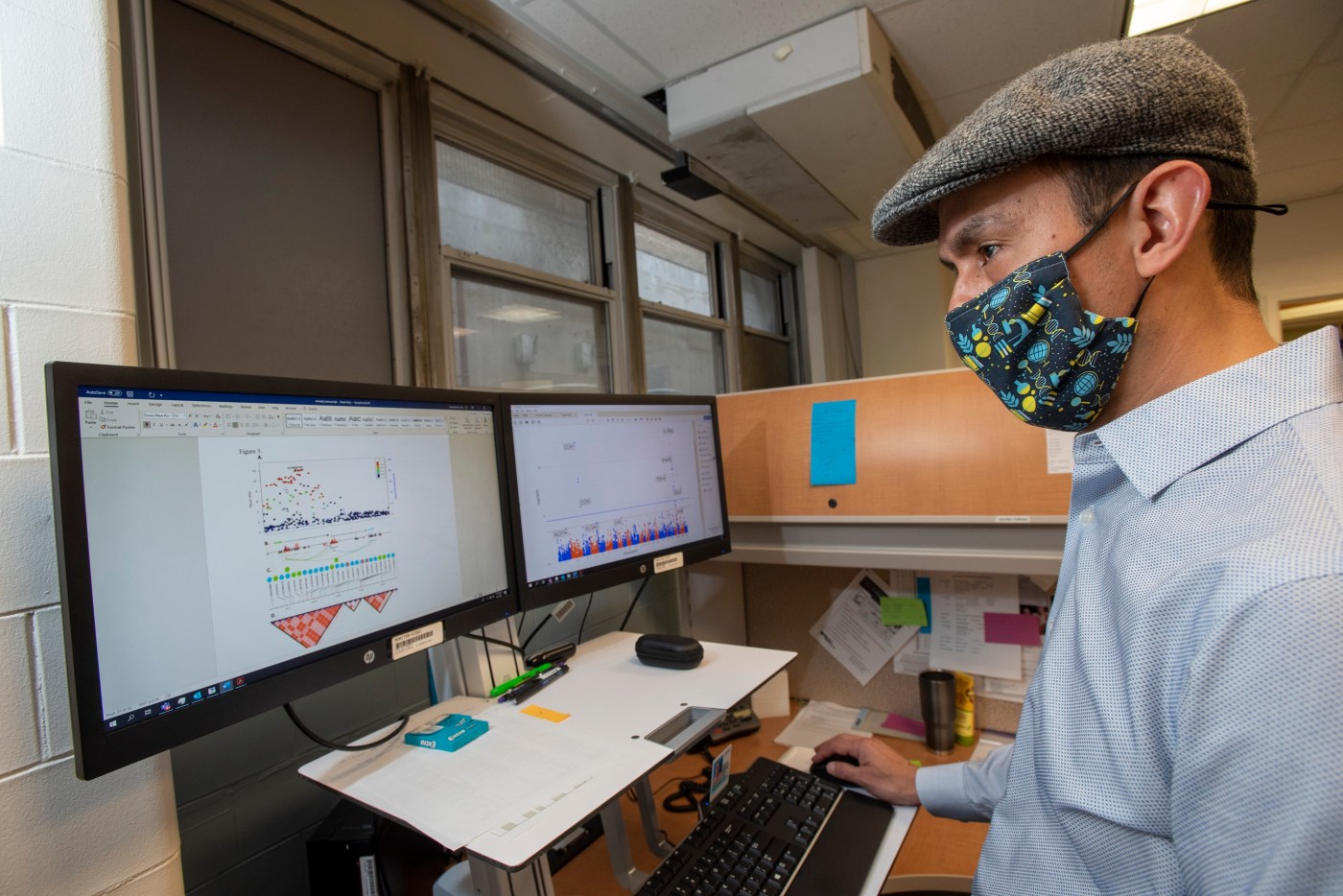The Million Veteran Program is a national research project learning how genes and military experiences and exposures affect health and illness.
VA's Office of Discovery, Education and Affiliate Networks (DEAN) partners with Veterans to create innovative healthcare solutions.
Flavored or Greek, yogurt of all kinds might hold answers to better heart health, according to a study on nearly 200K Veterans.
Million Veteran Program – After 10 years, nearly a million volunteer Veterans have joined VA scientists to change the future of health care.
Breast cancer is the most common form of cancer for American women. Although mammogram screenings have lowered the number of deaths from breast cancer, better screening methods could help determine risk and help prevent the cancer before it develops, according to the study researchers.
Women leaders across VA enrolled in a national research program looking at health and illness in Veterans. They invite you to join them.
VA’s Million Veteran Program is one of the largest genetics research programs in the world. In a new video, Women Veterans invite women to enroll to make the future of medicine better for women.
The study involved genetic data on more than 300,000 participants of VA’s Million Veteran Program (MVP), along with more than a million subjects from other biobanks, including 23andMe. With such a large participant pool, the researchers were able to spot trends in genetic risk of depression not previously known.
On May 12, VA and American Veterans (AMVETS) hosted a Facebook Live to talk about VA genetic research and why your help and involvement is key to making a difference in the future of medicine.
Leaders of the Million Veteran Program (MVP) are addressing this gap through a new initiative called MVP MIND. It will survey 50,000 new participants with serious mental health conditions about their experiences. MVP officials believe such efforts will lead to more powerful research into these issues and better treatments.
It’s become a clear goal of VA’s Million Veteran Program, one of the world’s largest databases of health and genetic information: encouraging more racial and ethnic diversity in its enrollment, which is now at more than 830,000 in its climb toward 1 million and beyond. The greater the diversity, the program’s leaders believe, the more opportunities for genetic research into groups that have been traditionally underrepresented in the medical community.
Dr. Juan P. Casas, a physician epidemiologist at the VA Boston Healthcare System, led the study. The research included collaborators from the University of Cambridge and the European Bioinformatics Institute in England, and Istituto Italiano di Tecnologia in Italy.

